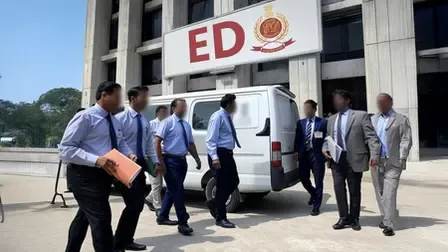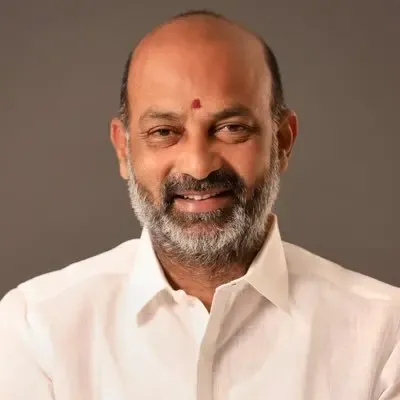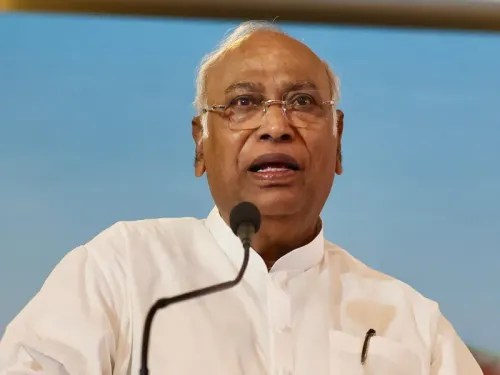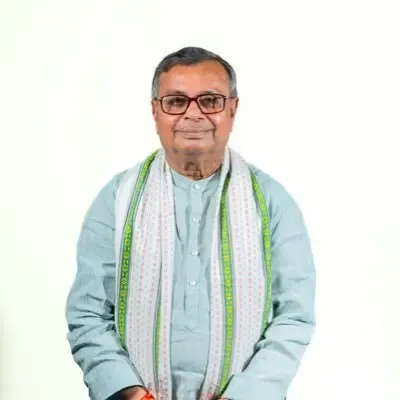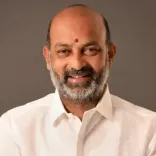Did Akali Dal Really Accuse LoP Gandhi of Subverting Questions on the 1984 Riots?
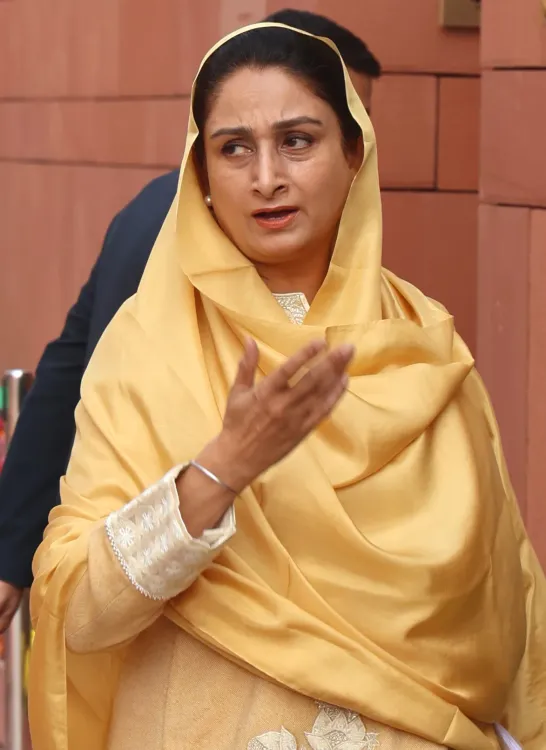
Synopsis
Key Takeaways
- Harsimrat Badal criticizes Rahul Gandhi for evasion regarding the 1984 riots.
- Calls for accountability from political leaders are crucial.
- The Sikh community continues to seek justice and recognition.
- The historical context of the 1984 events remains relevant in today's politics.
- Importance of acknowledging past wrongs to foster healing.
Chandigarh, May 5 (NationPress) Harsimrat Kaur Badal, a prominent leader of the Shiromani Akali Dal (SAD) and MP from Bathinda, sharply criticized Congress leader and Leader of the Opposition (LoP) in the Lok Sabha, Rahul Gandhi, for failing to give a clear apology regarding the assault on Sri Darbar Sahib and Sri Akal Takht Sahib, along with the riots instigated by his party in 1984.
“Rahul Gandhi, fully aware that his grandmother orchestrated the attack on Sri Darbar Sahib in 1984 and that his father’s associates incited mobs to brutally kill Sikhs in the streets of Delhi, attempted to evade a question about the Congress's involvement following Indira Gandhi’s assassination, which resulted in the slaughter of 3,000 Sikhs,” she stated in an official comment.
She added that when pressed to respond during an event at Brown University in the US, the Congress leader failed to apologize for the actions of either his grandmother or father.
“He tried to dismiss the matter by claiming these events happened a long time ago,” she asserted.
Highlighting the inadequacy of his response, Harsimrat Badal emphasized that instead of recognizing the generosity of the Sikh community, which welcomed him into Sri Darbar Sahib, Rahul Gandhi implied that his visits to the sacred site were somehow a means of absolving himself and the Congress family.
“This is far from the reality. Our places of worship are open to everyone. Rahul should have acknowledged this and expressed remorse for his family's criminal actions during his visits to the shrine, rather than using them as a way to cleanse his image,” she remarked.
She further criticized the Gandhi family for making a Sikh Prime Minister, Dr. Manmohan Singh, apologize for the 1984 events instead of taking responsibility themselves. She also urged Rahul Gandhi to clarify what he meant by calling the events “unfortunate” in his remarks abroad.
“Is he referring to the attack on Sri Akal Takht as unfortunate or the subsequent genocide, or perhaps the Congress party’s role in fueling terrorism in Punjab?” she questioned.
According to the SAD leader, the reality is that neither the Gandhi family nor the Congress party has shown any remorse for the attack on the holiest Sikh shrine or the genocide of Sikhs in 1984.

